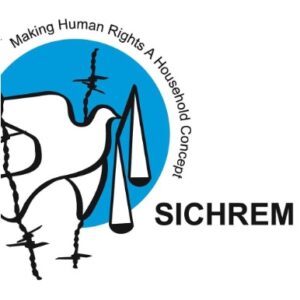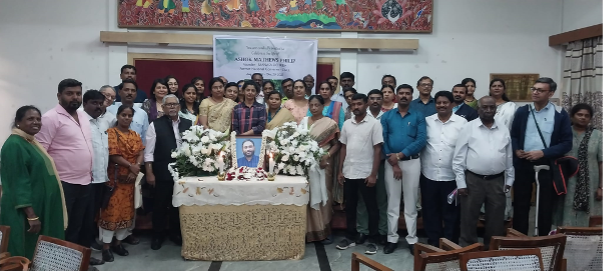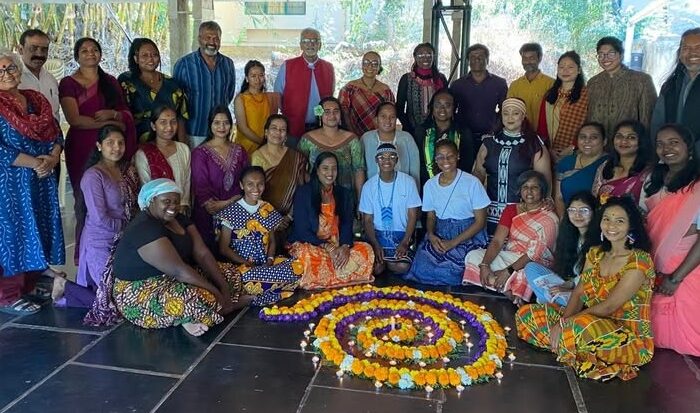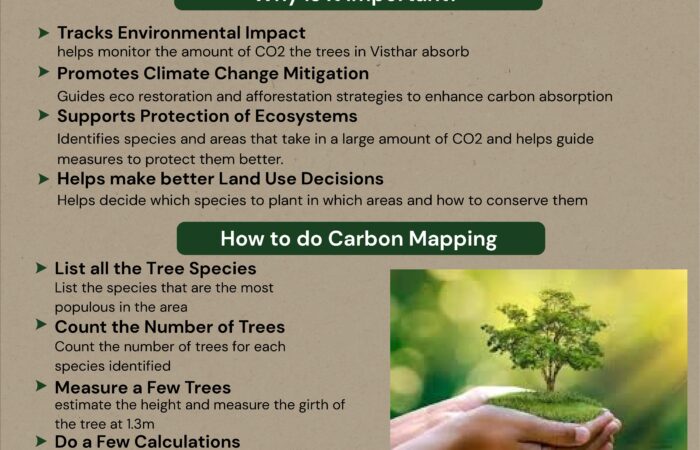 Speaking at memorials is never easy, especially when we mourn someone close. But when invited by family and friends, it becomes a significant act of respect and remembrance.
Speaking at memorials is never easy, especially when we mourn someone close. But when invited by family and friends, it becomes a significant act of respect and remembrance.
The evening before Mathew and Mariam left for Trivandrum for the funeral, some of us attended a prayer service at their residence. A repeated message from the priest was “Death is the only certainty in life”. I guess he wanted to emphasize that we need to examine our lives, for death comes to all. In 20 days, we lost three friends, all social activists. Mathews Philip or Ashok, as I knew him, being the latest. Death is indeed a certainty. However, not the end. Death is but a phase we pass through, as life prevails. Perhaps in a different form. This is a faith conviction. A reminder, Mariam, for you and all of us. If we continue our pursuit of peace with justice, allowing memories of Mathews to inspire us, then he truly lives on. Therefore, at our gathering this morning, let us focus on two words: Remember and Renew.
Remembering with Gratitude:
We must remember with gratitude the life of Mathews. He lived and worked with hope and purpose. Grieve we must, for it is but human. Perhaps the most poignant of human experiences (Jesus wept). But we must grieve with hope. Mathew’s physical journey may have ended, yet the power of his memory endures. In this moment, surrounded by colleagues and comrades, we must pledge to renew our commitment to his unfinished quest for peace with justice, particularly in these challenging times. We must, like Mathews, run the race even when the finish line remains unseen.
A Love Story and a Calling:
In the early 90s, a young couple from Kerala arrived in Bangalore, seeking new horizons. Mathew and Mariam, the “love birds” of Loyola College, began their life with a song in their hearts and boundless love. Mariam carved a successful career in HR, while Mathew, after tentative steps, found his calling in the development sector. His restless spirit, often misconstrued in a society obsessed with “settling,” was the mark of a visionary seeker.
This restlessness led him to differentiate between the poor and the vulnerable, social work and social change, charity, and social justice. It fuelled his questioning, guiding him towards human rights. Mathew became an active member of PUCL Karnataka, later serving as its General Secretary. In 1995, along with like-minded individuals, he founded SICHREM, a programme unit of Manasa. SICHREM’s impact soon eclipsed its parent body, driven by Mathew and Koshy Mathew’s passionate mission to make human rights a household concept.
Defender of the Vulnerable:

Starting with Human Rights Education in schools, SICHREM organically moved into fact-finding missions, legal aid for victims, and campaigning for a broad range of issues. This was Mathew’s life for over two decades, even during his final eighteen months, marred by illness. Through it all, he remained optimistic, engaged, and a mentor to his colleagues. I will forever cherish the image of a frail Mathew singing at my son’s wedding, the prayer Jesus taught his disciples, his voice infused with faith and hope.
Sustaining this journey was no easy feat. It was a path fraught with uncertainties: funding challenges, state resistance, and the apathy of violators. Yet, his work resonated deeply with colleagues like those in the Campaign Against Child Labour, where he even served as convener, carrying forward the legacy of his friend Joy Maliekal.
At the national level, Mathew played a crucial role in the NGO Core Team of the National Human Rights Commission and the National Commission for the Protection of Child Rights, (NCPCR) championing the Right to Free and Compulsory Education. He earned recognition as a trainer, educator, and staunch defender of human rights.
A Vocation Lived:
But what truly defined Mathews was his sense of vocation. He understood that vocation wasn’t exclusive to the religious; any discerning individual could embrace it. His activism stemmed from a profound sense of purpose, a guiding light that sustained him even during the darkest hours.
The title “Defender of Human Rights” encapsulates Mathews’ essence for me. I see him as a shepherd, shielding the vulnerable from the snares and dangers posed by unjust structures and individuals. Mathews defended not rights but people who were denied their rights. He saw the person in each survivor, wielding human rights as an instrument for building a just world.
Mercy Kappen, friend and collegemate of Mathew and Mariam, remembers a duet that they sang on College Day, 40 years ago! Let me conclude by reading the English translation of a few lines from the song in Malayalam; vezhambal Kezhum…
“Life goes on like a dewdrop.
on the edge of the flower petal.
Even after the beautiful flowers wilt and fade,
In these gardens like beetles are these memories flying around.”
Go well, Mathew. Khuda Hafiz, Go with God.



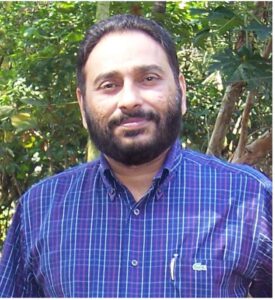 Speaking at memorials is never easy, especially when we mourn someone close. But when invited by family and friends, it becomes a significant act of respect and remembrance.
Speaking at memorials is never easy, especially when we mourn someone close. But when invited by family and friends, it becomes a significant act of respect and remembrance.